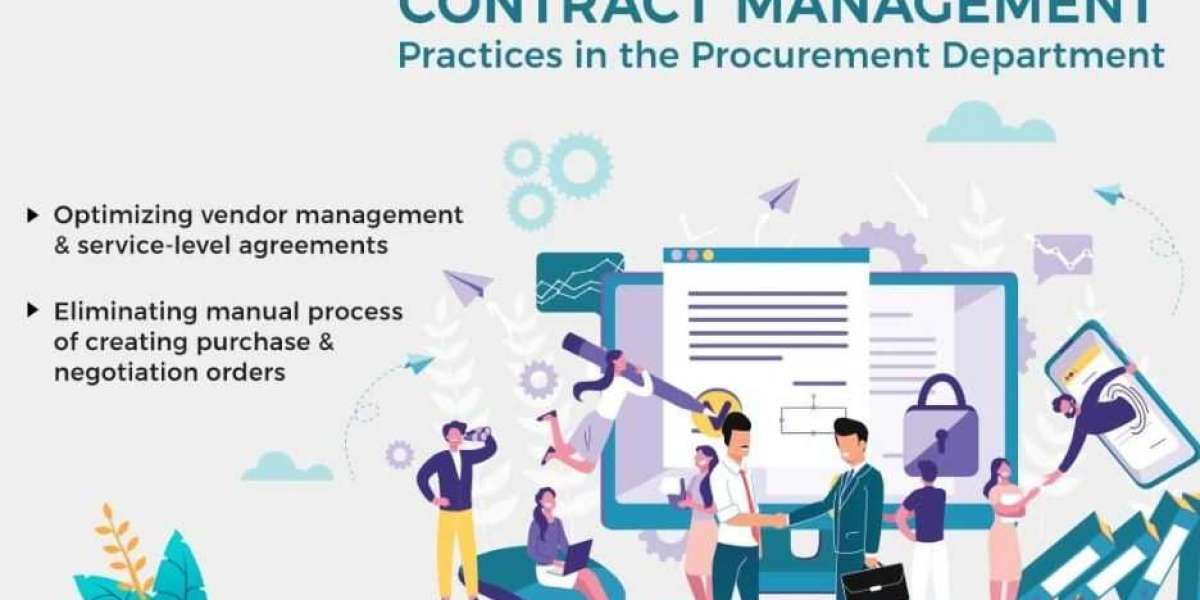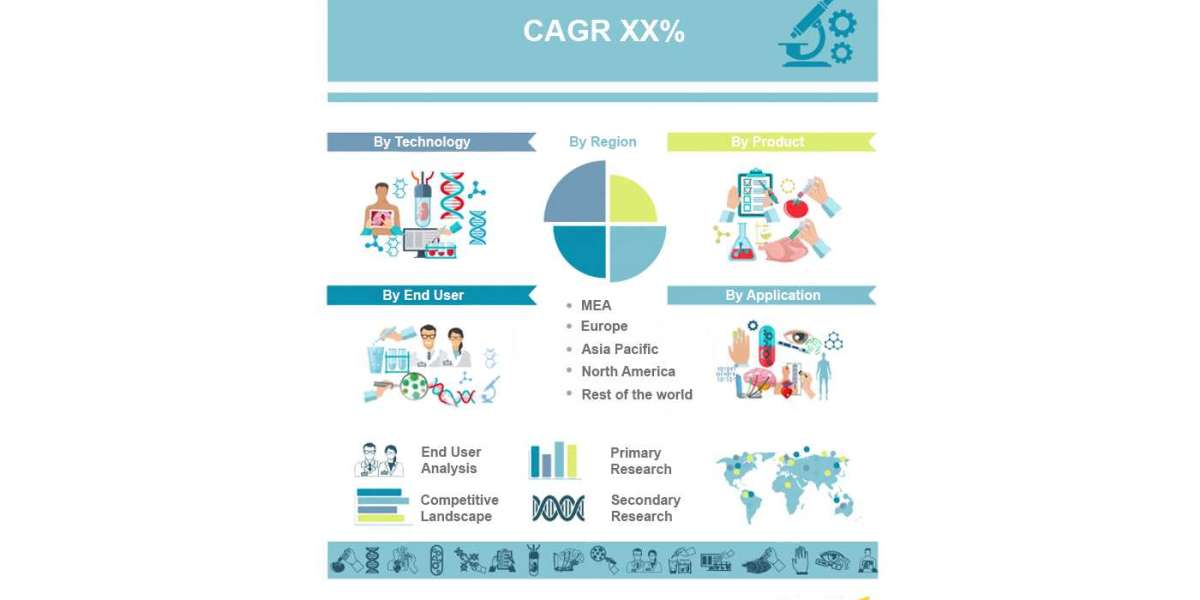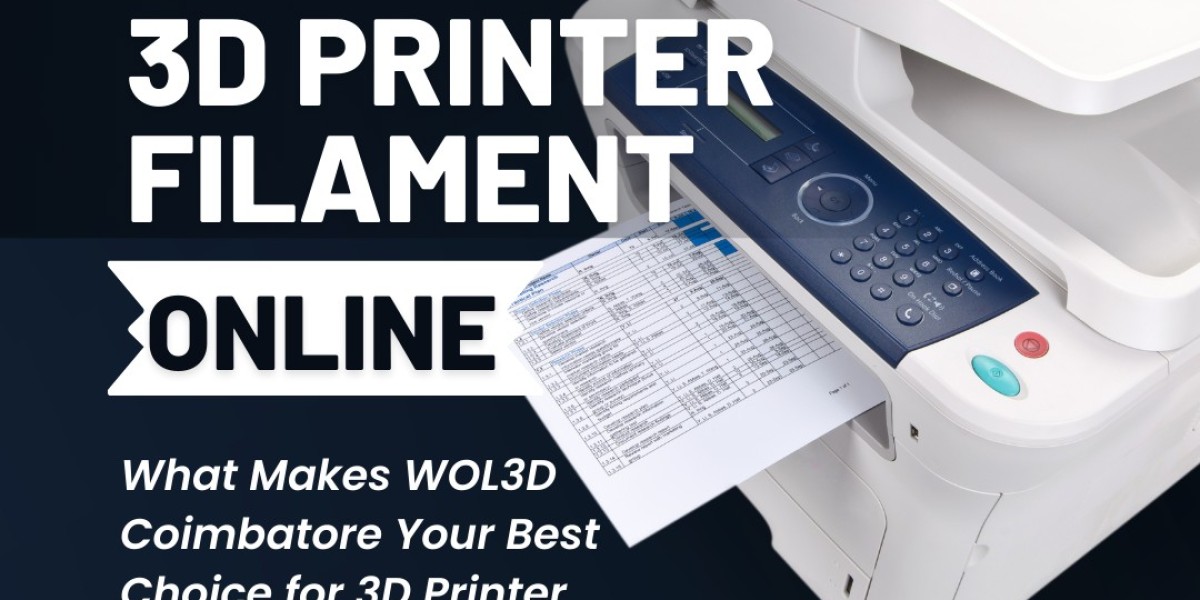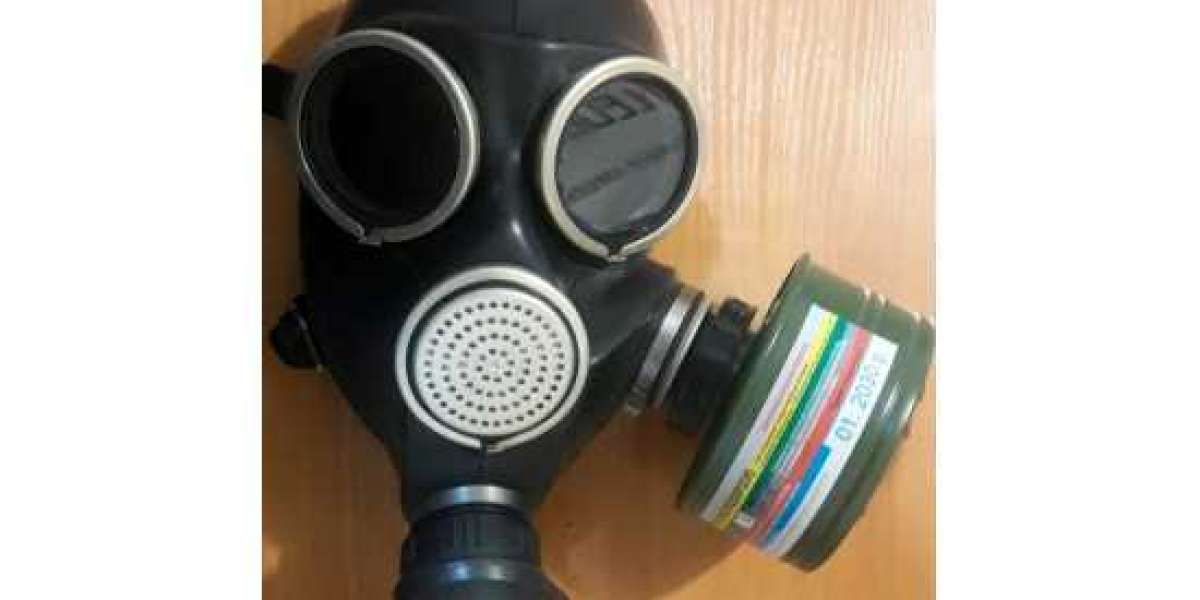What Is The Benefit Of Contract Management?
This can help companies identify any areas where there may be a risk to deliver a product or service. Procurement Contract Management is an extremely important part of procurement because it helps companies to manage their contract with their suppliers by adding more checks and balances. For example, some clauses may require products to be checked for quality or services to be checked for completion as well as performance. If these parameters are not met, then there could be penalties or even termination of contracts. Procurement Contract Management will help avoid any surprises or disruption by preparing for worst-case scenarios like these before they happen and therefore minimizing downtime caused by unexpected circumstances.
A lot of companies do not have contracts because they feel that it is unimportant or they believe they will get along fine without them. However, Procurement Contract Management helps to minimize risks and creates a more efficient way to get tasks completed. This structure protects companies from being sued for any poor performance or late delivery by ensuring there are proper processes and procedures set in place to prevent bad results due to neglect on behalf of suppliers. Another benefit that businesses may find with Contract Management is better cost control within contracts. If a supplier does not comply with terms then these businesses can look into other options at a much lower price than before.
Why Is It Important?
This prevents additional costs and protects your relationship with your suppliers. Procurement Contract Management is important because it helps to ensure that there are no foreseeable risks that will affect your operation. By making sure you have a good working knowledge of contracts, and being able to follow through on any issues that arise, you can manage risks effectively. You will know how to work through any problems quickly so as not to disrupt supply or waste unnecessary resources on issues that aren’t going to be detrimental.
By being able to manage your contracts effectively, you can prevent any legal problems from arising. This is especially important because any issues which arise can be very expensive if you aren’t prepared. By using a specialist who knows how to handle any disputes which may arise when it comes to Procurement Contract Management you can use their knowledge and expertise to ensure that they are dealt with quickly and efficiently. The sooner any issues are identified, the less chance there is of them escalating into something unmanageable. How does it help?: The best way to protect yourself from unexpected costs or disruption to your Agilus supply chain is by taking time at the beginning of your business journey to ensure that you have managed risk as well as possible. This will also help prevent anything from going wrong in the future by ensuring that any potential problems are ironed out early on. Being able to identify risks and put systems in place means that you won’t find yourself struggling should anything go wrong later down the line.
How Can You Implement It?
If you are responsible for implementing some kind of supply chain process, then it is important to remember that buying power and contracts work together to create value. What is Procurement Contract Management? Procurement Contract Management uses a variety of techniques, from drafting contracts to managing their performance over time. Also referred to as contract administration, it’s what you should do after signing your purchase order. It’s about making sure that suppliers stick with their promises and requirements, as well as your side of things.
Monitoring these terms is just one part of a larger process called Procurement Contract Management. A few other critical functions include Making sure your contract is signed and agreed upon by all parties before it’s implemented Monitoring each supplier’s ability to live up to his or her end of a deal; Creating new contracts when situations change, such as if you want to change your product mix or if suppliers stop meeting their needs and Negotiating new terms with suppliers whenever those terms change, such as if they can no longer deliver an agreed-upon service or product at a reasonable price. In addition to its benefits for business, though, having strong Procurement Contract Management can help keep both sides honest during negotiations.








